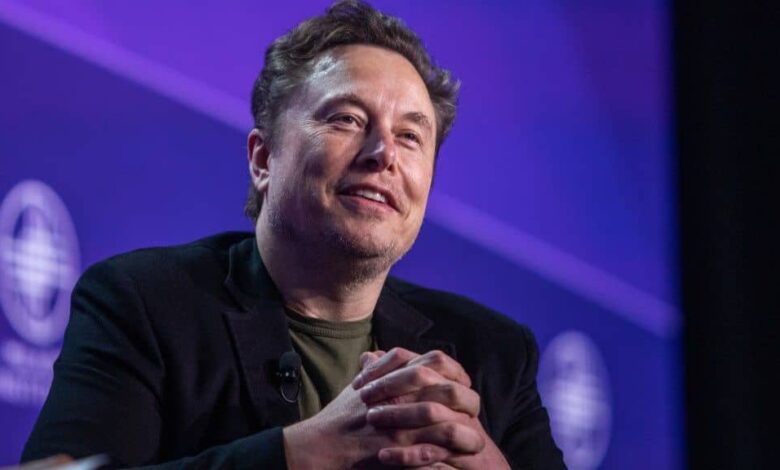
As the two wealthiest men in the world, Musk and Mukesh Ambani, face off in India’s satellite broadband market, their battle has intensified.
India’s government’s decision last week to administer the allocation of satellite spectrum for broadband by fiat instead of an auction has raised the stakes in this battle to a new level.
Mr. Musk had earlier criticized the auction model being pushed by Mr. Ambani.
To get the internet anywhere in the coverage of the satellite, it turns to satellite broadband.
This has made it a very reliable source in remote or rural settings where most other traditional services, such as DSL- a connection using telephone lines to transmit data or cable are unavailable. It also bridges the hard-to-reach digital divide.
India’s telecom regulator says that pricing hasn’t been declared yet, and commercial satellite internet services haven’t started yet.
However, satellite internet subscribers in India are likely to reach two million by 2025, Credit rating agency ICRA said.
Reliance Jio, led by Mr Ambani, is the market leader in a market with around half a dozen key players.
Having invested billions of dollars in airwave auctions to dominate the telecom sector, Jio has partnered with Luxembourg-based SES Astra, a leading satellite operator.
Unlike Mr Musk’s Starlink, which uses low-Earth orbit (LEO) satellites located between 160 and 1,000 km from Earth’s surface to render quicker service, SES uses medium-Earth orbit (MEO) satellites at a much higher altitude, which provides a more economical system.
On-ground receivers capture the signal from the satellites and decode it to internet data.
Mr Musk’s Starlink has 6,419 satellites in orbit and four million subscribers across 100 countries. He had planned to launch services in India in 2021 but ran into regulatory tangles.
Many believe that if he finally brings his company to India this time, he will further strengthen Prime Minister Narendra Modi’s efforts to attract foreign investment.
It will also help to strengthen his government’s case that it is pro-business, countering much of the argument of its policies being skewed in favor of India’s wealthy elite, including Mr. Ambani.



